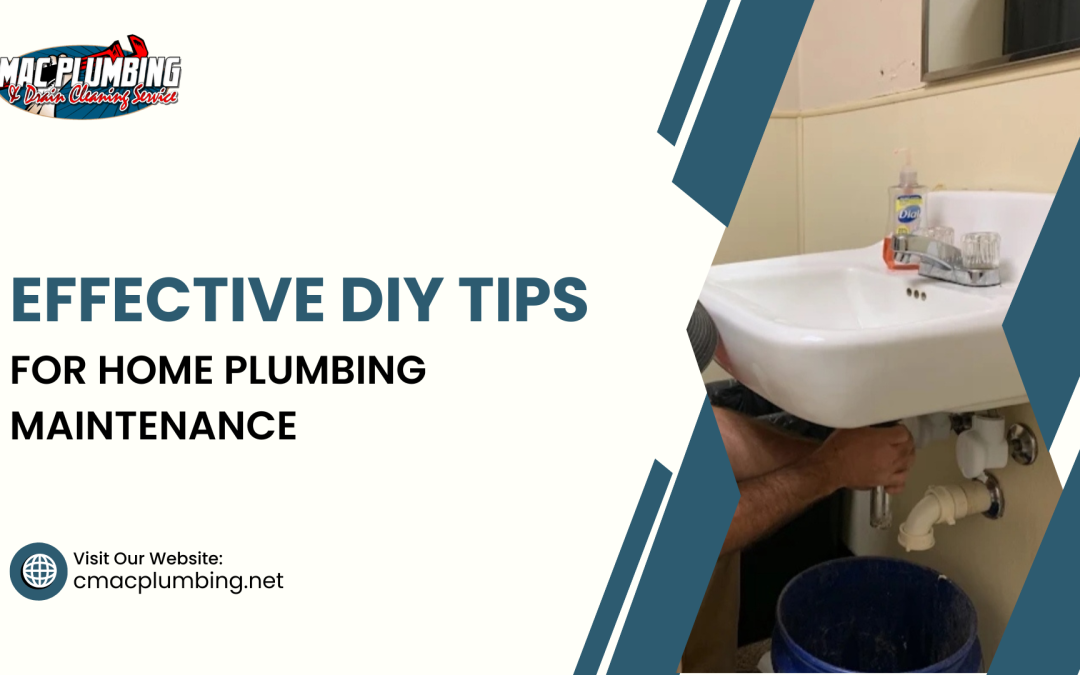Maintaining a smoothly functioning plumbing system is crucial for the comfort and functionality of your home. While some plumbing issues may require professional intervention, you can follow several effective do-it-yourself (DIY) tips to keep your plumbing in top shape. Here are some valuable DIY plumbing tips to help you avoid common problems and save on repair costs.
- Regular Inspections: Schedule regular plumbing inspections to catch potential issues early. Check for leaks, drips, and water stains under sinks, around toilets, and in your basement. Timely detection can prevent minor problems from escalating into major headaches.
- Monitor Water Pressure: High water pressure can strain pipes and cause leaks. Use a pressure gauge to ensure the pressure is within the recommended range (typically between 40-60 psi). If it’s too high, consider installing a pressure-reducing valve.
- Prevent Clogs: Preventing clogs is more accessible than dealing with them. Use drain screens to catch hair and debris, and avoid flushing non-flushable items down toilets. Regularly clean sink stoppers and shower drain covers to prevent buildup.
- Be Kind to Your Garbage Disposal: Run cold water before and after using the garbage disposal to flush debris through the pipes. Avoid putting hard items like bones, fruit pits, and fibrous foods (like celery) down the disposal.
- Fix Running Toilets: A running toilet can waste significant water. To fix it, check the flapper and replace it if necessary. Also, adjust the float arm to ensure the water shuts off at the appropriate level.
- Address Leaks Promptly: Even a tiny leak can lead to significant water wastage and damage over time. Fix dripping faucets and replace worn-out washers promptly. Check for leaks in visible pipes, joints, and connections.
- Insulate Pipes: Insulating exposed pipes in cold areas of your home can prevent them from freezing during winter. Frozen pipes can burst and cause extensive water damage.
- Regular Water Heater Maintenance: Drain a few gallons of water from your water heater tank annually to remove sediment buildup. This can improve efficiency and extend the lifespan of your water heater.
- Avoid Chemical Drain Cleaners: Chemical drain cleaners can damage pipes and harm the environment. Instead, use a plunger or a plumbing snake to clear minor clogs.
- Know Your Main Water Valve: Familiarize yourself with the location of your home’s main water valve. In case of emergencies or when you’re away for an extended period, you can shut off the water supply to prevent potential flooding.
By following these effective DIY plumbing tips, you can maintain a healthy plumbing system and prevent common issues that homeowners face. Remember, while some tasks can be handled on your own, it’s essential to know your limits and call a professional plumber when dealing with complex plumbing problems. Taking proactive steps to care for your home’s plumbing will not only save you money but also contribute to a more efficient and comfortable living environment.


